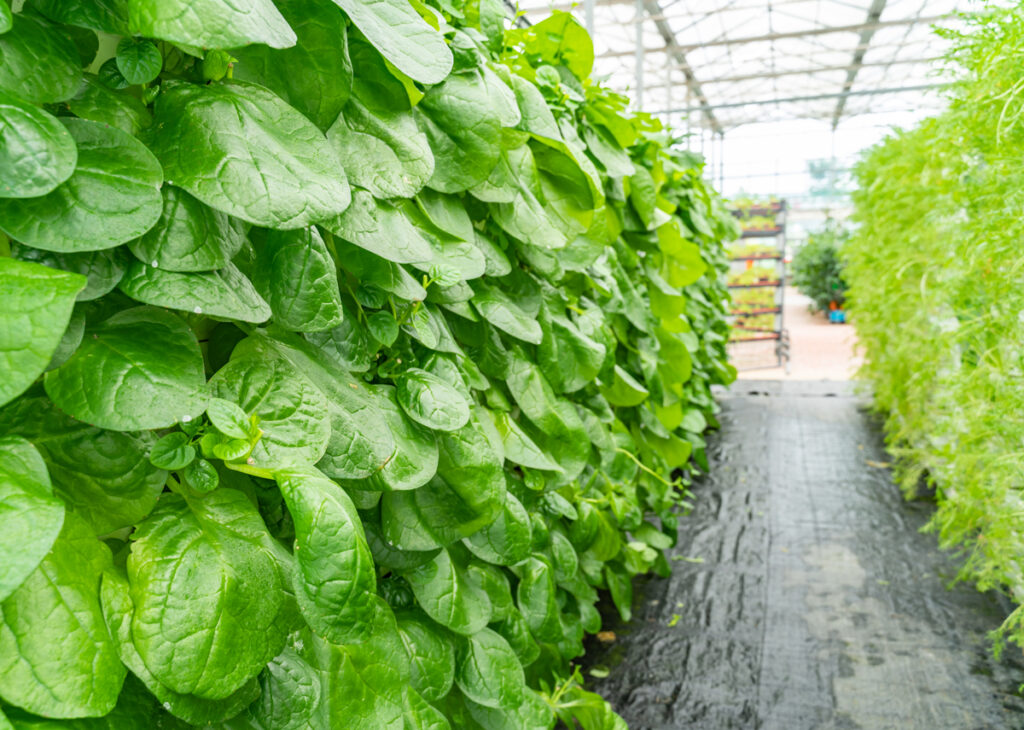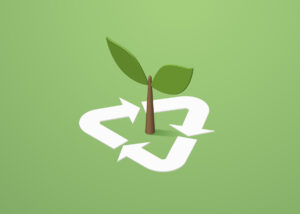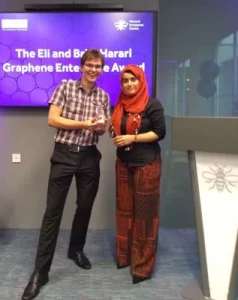In the evolving landscape of agriculture, the need for sustainable and efficient farming methods has never been more critical. As the world braces for a population surge to 9.7 billion by 2050, the agricultural sector is under immense pressure to innovate and meet the growing demand for food. Agriculture already accounts for almost 70% of global water consumption, highlighting the urgency for more resource-efficient practices. This is where the revolutionary concept of GelPonics, utilising a non-synthetic hydrogel formulation, comes into play, marking a significant step forward in vertical farming.
The Necessity of Innovation in Agriculture
Traditional agricultural methods are becoming increasingly unsustainable, with up to 40% of irrigation water lost due to evaporation and runoff. These outdated practices are inefficient and threaten our environment and future food security. The necessity of innovation in agriculture has led to the development of alternative farming techniques, such as vertical farming, which aims to produce more with less.
GelPonics: A Leap in Sustainable Vertical Farming
GelPonics represents the intersection of advanced hydrogel technology and vertical farming. It provides a sustainable growth substrate that enhances water and nutrient retention. This innovative approach leverages non-synthetic hydrogel formulations to ensure that plants receive a consistent and optimal water supply and nutrients. By adopting GelPonics, vertical farms can dramatically reduce the amount of water wasted, combating the traditional challenges faced in agricultural water management.
The Role of Hydrogels in Enhancing Water and Nutrient Efficiency
Hydrogels, a cornerstone of GelPonics technology, can retain large quantities of water and nutrients, which are gradually released to the plant roots. This property significantly reduces the need for frequent watering, thus conserving water resources. In regions where water scarcity is a critical issue, using non-synthetic hydrogel formulations in agriculture has dramatically improved soil moisture and crop yields.
Impact of GelPonics on Water Conservation and Crop Yields
Implementing GelPonics in vertical farming setups not only addresses the issue of water wastage but also enhances the efficiency of nutrient delivery to plants. Studies have shown that hydrogels can reduce water loss in agriculture by a considerable margin while also improving nutrient retention in the soil. This results in healthier, more robust plant growth and increased crop yields by up to 20%. Such advancements underscore the potential of GelPonics to revolutionise how we grow food, making agriculture more sustainable and productive.
As we face the challenges of a growing global population and traditional farming’s environmental impact, sustainable agricultural practices based on GelPonics are beneficial and essential. Integrating non-synthetic hydrogel formulations in vertical farming is a promising solution to many issues plaguing modern agriculture. By embracing these innovations, we can ensure a more sustainable, efficient, and fruitful future for global agriculture.
Ready to be part of the agricultural revolution? Embrace the future with GelPonics and contribute to a sustainable, efficient, and productive global food system. Start your journey towards more responsible farming today. Click here to learn more and join the movement towards greener agriculture!


